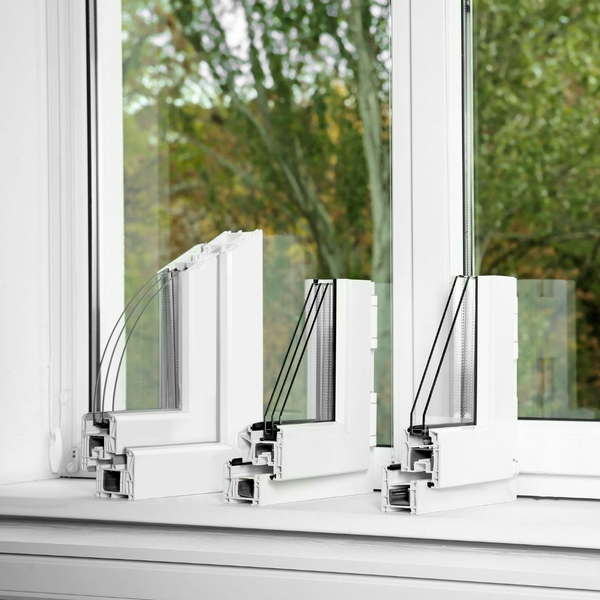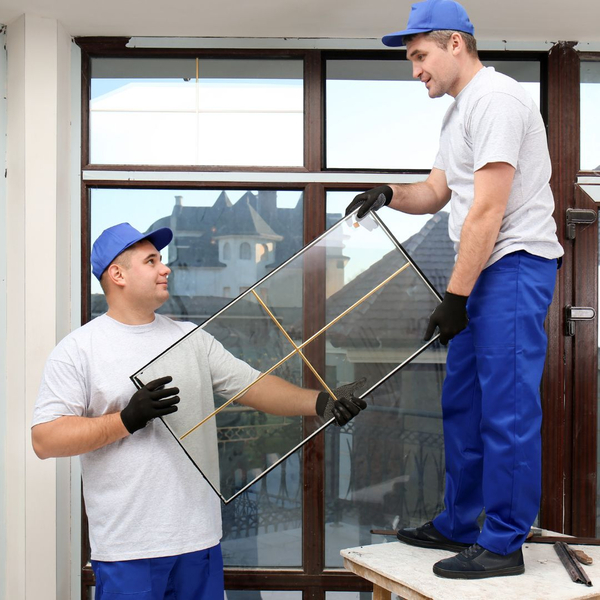As homeowners become more eco-conscious, the demand for energy-efficient solutions rises. Glass windows play a crucial role in maintaining a home's energy efficiency. Are all glass windows created equal when it comes to energy conservation? Let’s explore what makes glass windows energy-efficient and why you should consider upgrading your current windows.
Are Glass Windows Energy Efficient?
Are Glass Windows Energy Efficient?

Types of Energy-Efficient Glass
Energy-efficient glass typically incorporates features like low-emissivity (low-E) coatings that reflect heat while allowing sunlight to penetrate. This technology reduces heat transfer, keeping homes cooler in summer and warmer in winter, resulting in significant energy savings.

Double and Triple Glazing
Double and triple-glazed windows consist of multiple panes of glass separated by insulating gas spaces. These designs reduce heat loss and enhance insulation, creating a barrier against outside temperatures. Such windows are instrumental in improving home comfort and energy efficiency, providing a solid alternative to single-pane glass that may lead to broken glass replacement.

Improved Insulation
Energy-efficient glass windows provide better insulation compared to traditional single-pane designs. Enhanced insulation means less reliance on heating and cooling systems, leading to lower energy bills and reduced environmental impact.

Contribution to Energy Efficiency
Using energy-efficient glass can positively affect your home’s overall energy consumption, which contributes to lower utility costs and a smaller carbon footprint. For eco-conscious homeowners, making this switch is an impactful step towards sustainability.
Upgrading to energy-efficient glass windows not only improves your home's comfort but also benefits the environment. If you're considering an upgrade or need broken glass replacement, contact LoneStar Glass Replacement today for expert guidance and a quote!
